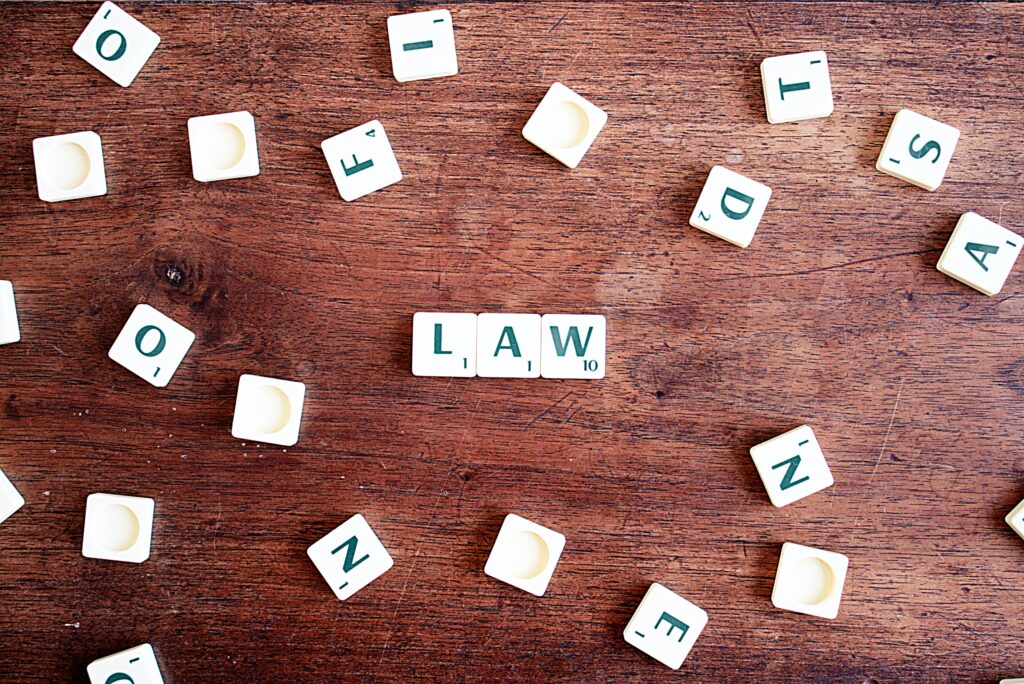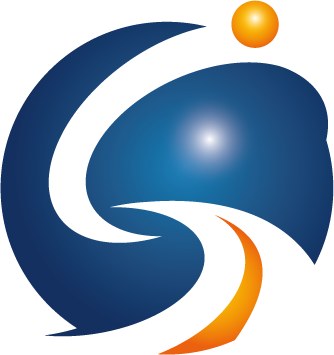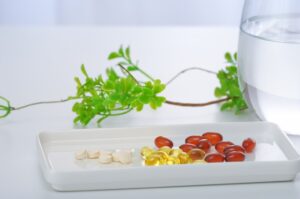Matters relating to the system for the sale of OTC medicines.
■*OTC medicines* classification.
In Japan, OTC pharmaceuticals, also known as 'OTC pharmaceuticals' or 'OTC drugs', are drugs that can be purchased at pharmacies and drugstores without a prescription and are classified according to the Pharmaceutical Affairs Law as follows.
1.What is a medicinal product requiring special instructions?
Deleterious substances and medicines within 3 years of being converted from prescription drugs to OTC medicines.
2.What is a Class 1 medicinal product?
Medicinal products containing ingredients that require special attention from a safety point of view, such as lack of experience in their use as OTC medicinal products.
3.What is a Class 2 medicinal product
Medicinal products containing ingredients that may cause health problems.
*Medicines that require special attention are designated as Category 2 medicines.
4.What is a Class 3 medicinal product?
Medicines that have a relatively low risk of side effects and may cause physical alterations and disorders, although not to the extent that they interfere with daily life.
■ *About risk classifications
OTC medicines have obligatory and effort-based requirements for information providers and consultation services, depending on the risk category, and the corresponding specialist.
1.Medicines requiring special instructions.
Provision of information : obligatory
Consultation service : obligatory
Specialist to be consulted : pharmacist (face-to-face only)
2.Class 1 medicines.
Provision of information : obligatory
Consultation : obligatory
Specialisation supported by : pharmacist support
3.Class 2 medicines.
Provision of information :obligation to make efforts
Consultation : obligatory.
Specialist support :pharmacist or registered sales person.
4.Class 3 medicines.
Information provided : not required
Consultation : obligatory.
Specialist support : pharmacist or registered sales person.



